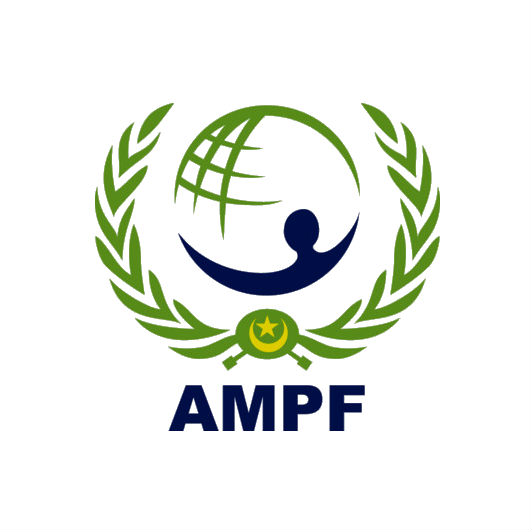

| 31 March 2016
Association Mauritanienne pour la Promotion de la Famille
Since it was founded in 1990, the Association Mauritanienne pour la Promotion de la Famille (AMPF) has focused primarily on sensitizing both the general population and the country’s political and religious leaders to the personal and economic benefits of family planning, and on promoting provision of proper sexual and reproductive health (SRH) services. AMPF provides SRH services including family planning (FP), antenatal and post-natal counselling, mother and child immunization, paediatrics, incomplete abortion care and referral, HIV and AIDs protection including PMTCT, and general SRH counselling. Sensitization and awareness creation is indirectly carried out through children’s vaccination clinics, through programmes providing nutritional advice, and through general maternal and child health services (a critical requirement in a country subject to high levels of maternal and child mortality). AMPF is committed to improving women’s status as a fundamental principle if the nation’s demographic circumstances are to change for the better. Spreading awareness of the benefits of birth spacing is an important component in this, as is the promotion of economic opportunities for women. AMPF has been involved in the creation of a number of craft-based co-operatives in pursuit of this aim. Special efforts have been made to reach marginalized and under-served populations. AMPF’s efforts in advocacy and policy dialogue contributed to enacting the Reproductive Health Act, a Religious judgment outlawing female genital mutilation (FGM) and other harmful practices. AMPF enjoys a good reputation and has strategic partnerships with the Ministry of Health, other CSOs, and with the UNFPA. Website: http://maurifemme.org/Ong/ampf.html

| 31 March 2016
Family Planning Association of Nepal
Established in 1959, the Family Planning Association of Nepal (FPAN) first joined IPPF in 1960 and become a full Member Association in 1969. When it was established, the idea of family planning was considered inimical to religious, cultural and social norms. With the institution of a government Maternal and Child Health Division in 1969, FPAN began to supplement and complement the national health and population programmes. Target populations include injecting drug users (IDUs), lesbian, gay, bi-sexual, trans-sexual and intersex (LGBTI) individuals, people living with HIV (PLHIV), survivors of gender-based violence (GBV) and trafficked returnees and refugees. FPAN serves these populations through an extensive network of 2,750 service points, comprising 127 static clinics, 116 mobile facilities, 184 associated clinics, 543 other agencies, and over 2,000 community-based distributors/services (CBDs/CBSs). Key areas of emphasis include adolescents' sexual and reproductive health, HIV and AIDS prevention and treatment, safe abortion, advocacy for sexual and reproductive health and rights (SRHR), the prevention of gender-based violence (GBV) and support for its victims, and the promotion of access to sexual and reproductive health (SRH) information and services to marginalized and under-served groups. With the dedicated backing of 450 full-time professional staff, 1000 community counsellors, 4000 peer educators and 11,000 grassroots volunteers, FPAN has the capacity to mobilize on a large scale, and with the support of over 20 governmental departments, non-governmental organizations (NGOs) and foundations, it has a secure funding base to maintain and expand its comprehensive programme of activities. Contacts Website: www.fpan.org







